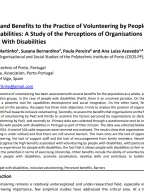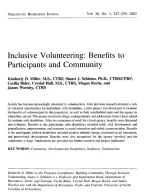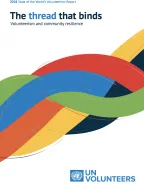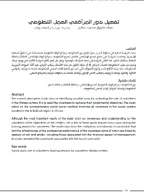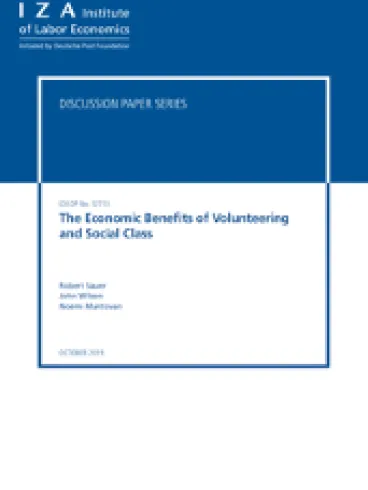
The Economic Benefits of Volunteering and Social Class
Fast read
- This paper examines the hypothesis that the economic benefits of volunteering are contingent on social class.
- Evidence was collected using seven waves of longitudinal data from the British Household Panel Study between 1996 and 2008 and fixed effects models.
Summary
The paper found that volunteering has a positive effect on earnings, meaning volunteers earn more money than non-volunteers. However, this finding is confined to people in professional and managerial occupations. The paper also suggests that employees in white- and blue-collar jobs do not benefit from volunteering activities. The paper cautions that these results might be due to the fact that there is non-random selection in volunteering and high earners are more likely to volunteer, or that the jobs of low earners are an obstacle to engaging in volunteer work.
The paper provides decision makers with a better understanding on how and why social class might influence the benefits and effects of volunteering on people. It also suggests that as volunteer work becomes a more important resource for employees seeking a pay rise or a better paying job, more research needs to be done on how volunteering interacts with other factors, such as gender, educational attainment and factors other than social class.













